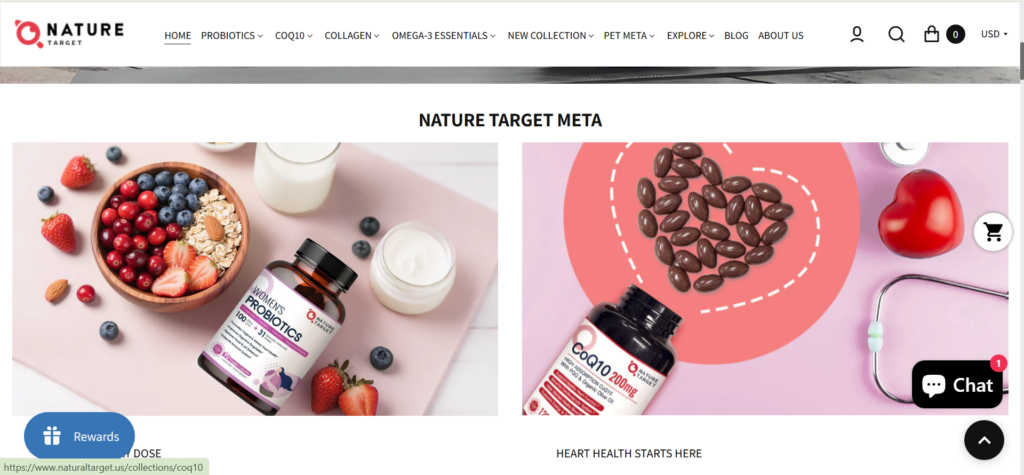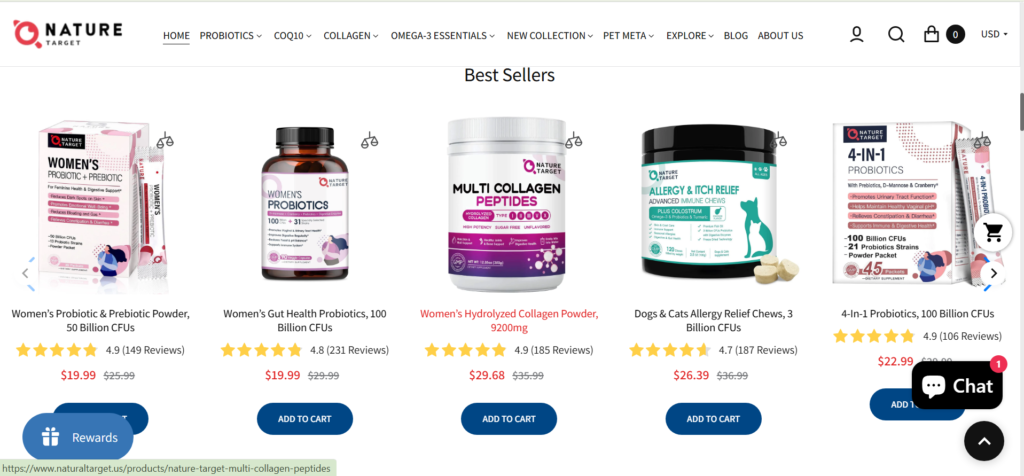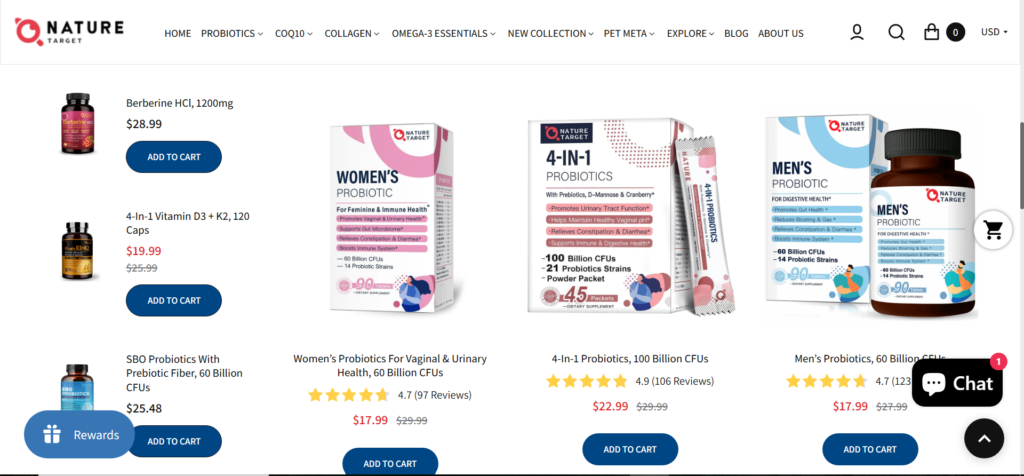Physical Address
304 North Cardinal St.
Dorchester Center, MA 02124
Physical Address
304 North Cardinal St.
Dorchester Center, MA 02124

In today’s wellness world, collagen peptides have taken center stage as a go-to supplement for smoother skin and stronger joints. But with so much hype, it’s fair to ask: are collagen peptides good for joints and skin — or is it just another trend?
In this post, we’ll explore what collagen peptides are, how they work, and whether the science supports their benefits for your skin and joints.

Collagen is the most abundant protein in your body. It acts as the main structural component of your skin, bones, muscles, and joints. As you age, natural collagen production decreases, leading to wrinkles, sagging skin, and joint discomfort.
Collagen peptides are a hydrolyzed form of collagen — meaning the protein has been broken down into smaller, easily digestible peptides. This form is absorbed efficiently in the gut and then distributed through the bloodstream to various tissues like the skin and cartilage.

There are at least 28 types of collagen, but these three are the most relevant when discussing skin and joint health:
Most high-quality collagen peptides supplements contain a mix of Type I and III (for skin) or include Type II (for joints).
Yes — and here’s why.
Collagen is a key component of cartilage, the tissue that cushions joints. As we age or stress our joints (via sports or daily wear), cartilage breaks down. Supplementing with collagen peptides may help:

A 24-week study published in Current Medical Research and Opinion found that athletes who took 10g of collagen peptides daily experienced significant reduction in joint pain compared to a placebo group.
Absolutely — collagen peptides are widely used for skin rejuvenation. They can help:
As skin collagen declines with age (starting as early as your 20s), supplementing can help rebuild the structural matrix under your skin.
A 12-week double-blind study in Skin Pharmacology and Physiology showed that participants taking collagen peptides had a 20% reduction in wrinkle depth and a 28% increase in skin elasticity.
Multiple clinical trials and peer-reviewed research papers support the effectiveness of collagen peptides for both skin and joint health. Key findings include:
Thousands of people report noticeable improvements after consistent use:
“I started using marine collagen peptides 3 months ago. My knees feel less stiff in the mornings, and I’ve even had compliments on my skin!” — Verified Buyer
“It took about 6 weeks, but I definitely noticed fewer crow’s feet around my eyes. I mix mine with coffee every day.” — Fitness Blogger

Collagen peptides are generally safe for daily use, but a few things to keep in mind:
Yes. Clinical research and user experience both support collagen peptides as a powerful supplement for improving joint flexibility and skin appearance. If you’re looking for a natural, effective way to feel and look better — collagen peptides are worth the investment.
💡 Pro Tip: Look for multi-type collagen (I, II, III) and brands that offer clean, unflavored powders without additives.
You’ll likely need to take them for at least 8–12 weeks to see real changes.
They work differently — collagen helps rebuild cartilage, while glucosamine may help reduce inflammation. Both can be used together.
Yes. By improving hydration and elasticity, collagen can lead to a more radiant, glowing complexion.
If you’re looking for a reliable source, Natural Target Collagen Peptides is a clean, high-quality option worth considering.